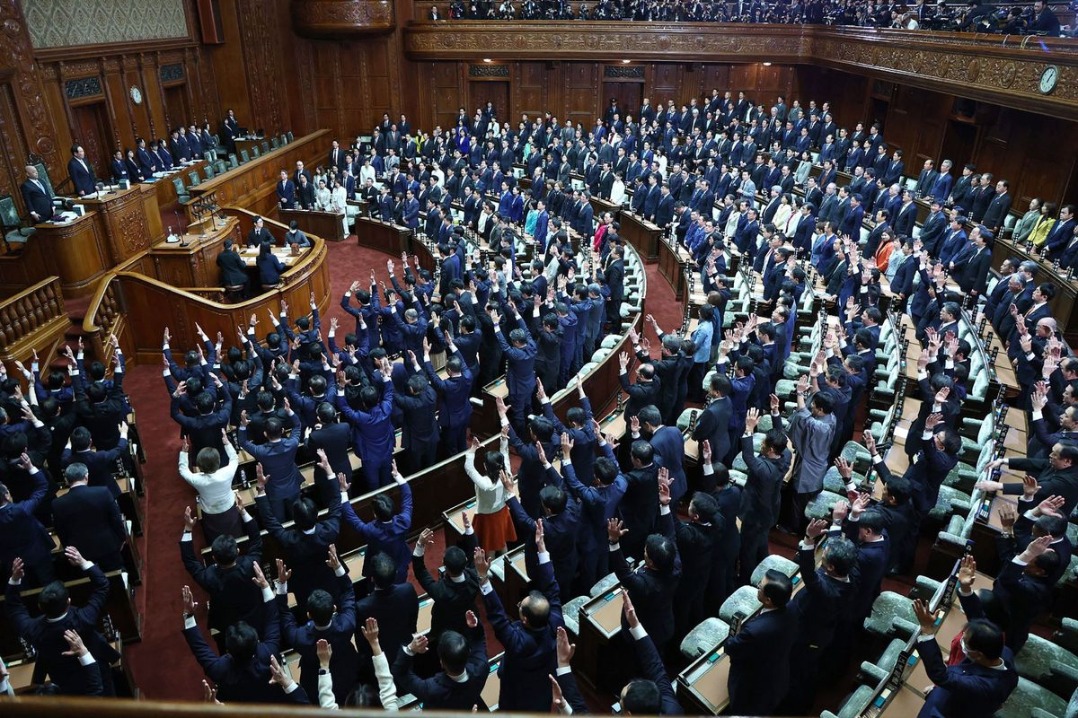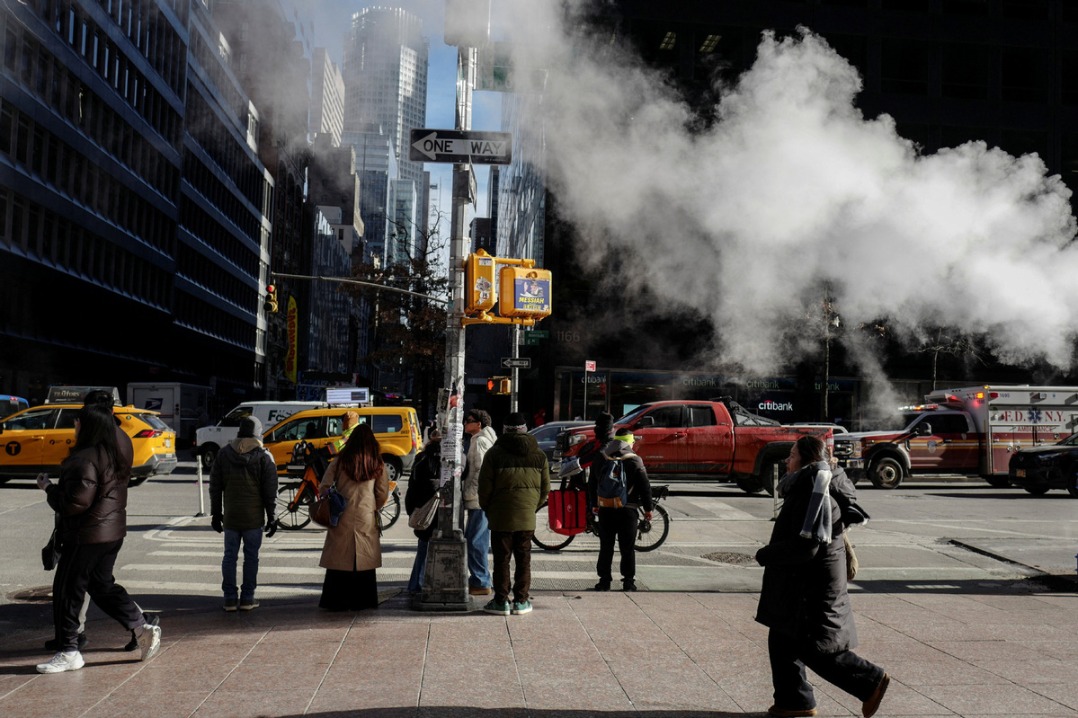New US tariffs are an extra burden for developing countries


The new US import tariffs are expected to significantly raise trade costs for many developing countries, the United Nations Trade and Development or UNCTAD has warned.
In a new data-driven analysis, titled "Sparing the vulnerable: The cost of new tariff burdens", the organization said the new tariff tensions could further threaten the little gains made by least developed countries, small island developing states, and landlocked developing countries.
The organization said despite the fact that vulnerable economies contribute less than 0.5 percent to the US trade deficit and would have a marginal contribution to its tariff revenue, they could face some of the highest new US tariffs, resulting in a decline of vital exports and posing substantial risks to their development.
To boost American manufacturing and protecting jobs, the US imposed in April a universal 10 percent tariff on all imports with additional country-specific tariffs set to take effect in early July, following the expiration of a 90-day pause.
The UN agency said US tariffs may jump to over 25 percent for 22 developing economies in July, including seven least developed countries.
Least developed countries and developing countries in Asia and Oceania face the steepest increases with Cambodia, Lao, and Myanmar facing 49 percent, 48 percent and 44 percent tariffs, respectively. Bangladesh and Fiji, on the other hand, will experience 37 percent and 32 percent, respectively.
Lesotho is set to experience the highest tariffs from the United States, at 50 percent on its exports. Other African countries confronted with the highest tariffs include Madagascar, 47 percent, Mauritius, 40 percent, Botswana, 37 percent and Angola, 32 percent.
The report said key sectors such as agriculture and textiles, crucial for many vulnerable economies, are especially exposed.
The high tariffs are expected to hit Lesotho's textile industry hard with expected closure of factories and massive job losses.
The UN agency said these measures will raise the cost of market access - even for countries with minimal contribution to global trade imbalances.
































